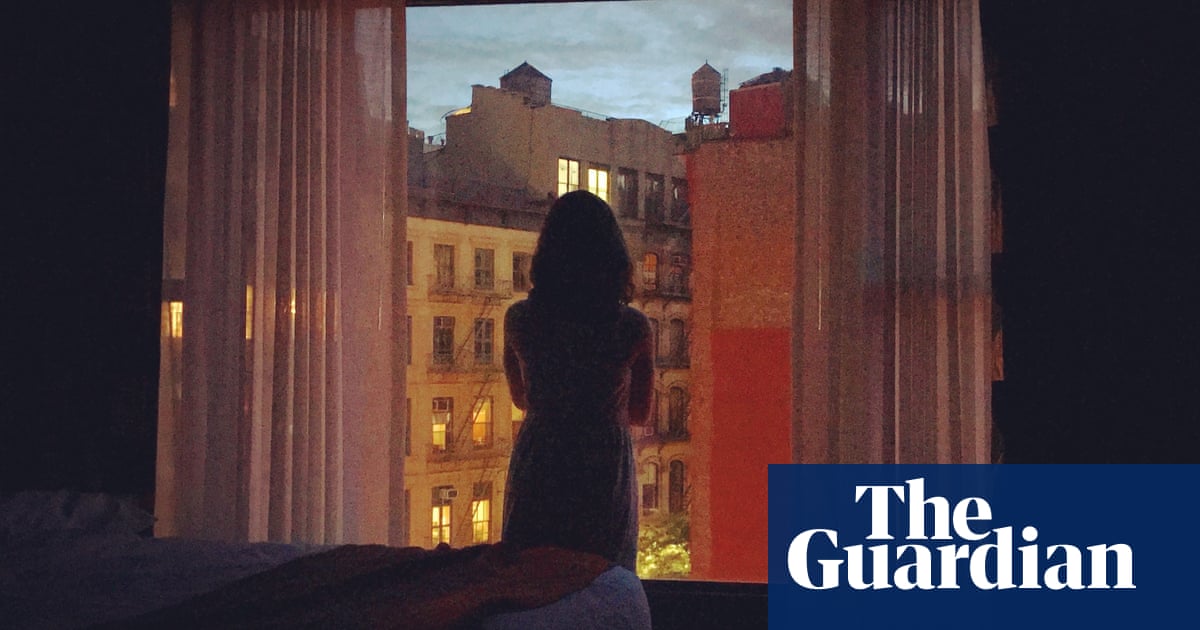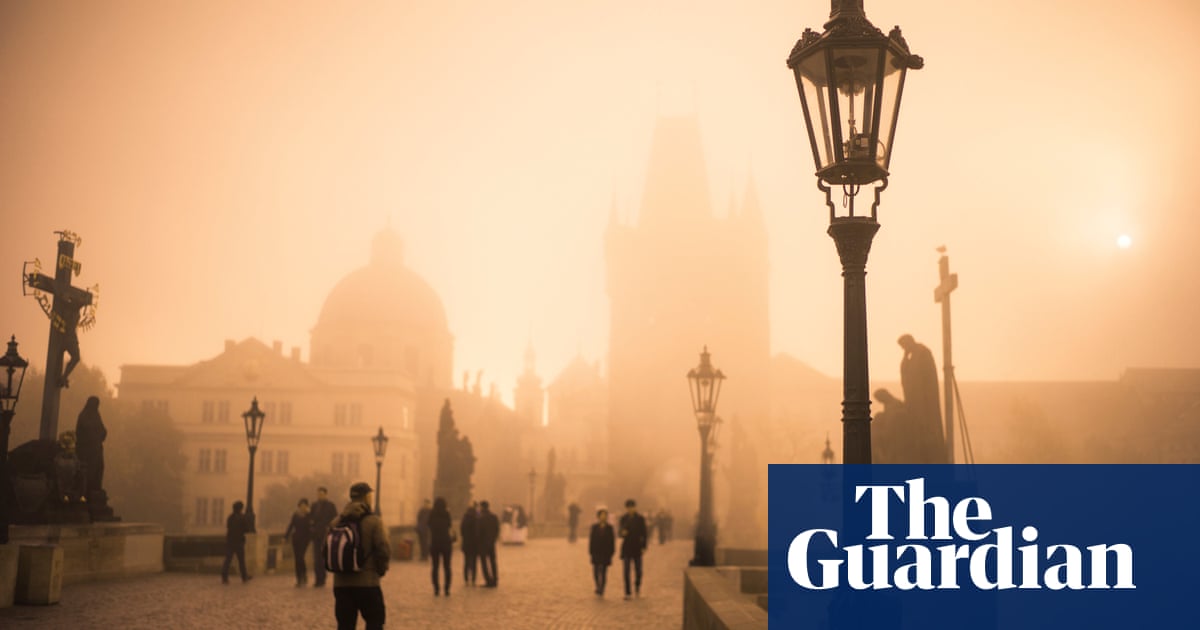
The day of the title is a composite of three days: a morning in 2019, a locked-down afternoon in 2020, and an evening in 2021, when it is possible to travel and gather again. On 5 April in each of these years, Michael Cunningham takes his samplings, or specimen hours, minutely observing the lives of the people he finds in a Brooklyn apartment. A quarter century after The Hours, with its three Mrs Dalloways in different times and cities, Cunningham returns to a solidly tripartite structure across which contrasts and connections build. And he returns, with undiminished faith, to the project that united modernists as different as his heroes Joyce and Woolf: the effort to articulate the vast inner lives of a few unexceptional people on a single day.
Before, during, after: that’s the basic movement, though “before” is suffused by a sense of lateness as a couple drift in their marriage, trying to recapture youth. Dan and Isabel, reaching middle age, have changed to accommodate each other, changed with parenthood, and they’re not the couple who fell in love. Isabel is yearning to get out long before the virus shuts her in. Scanning departure boards, “thinking of the women who abandon everything”, she is kin with Laura Brown, the quietly desperate woman in The Hours who cannot go on making perfect birthday cakes. For the moment, Isabel sits on the stairs, “paralysed by her own triviality”, and imagines never moving; future residents of the apartment will have to edge past the blockage.
Around her, the novel’s mid-life characters scrutinise their feelings, wondering where they’ve failed, monitoring their emotional effect on each other so continually that there is little opportunity to concentrate on anything else. By the time six-year-old Violet pleads with her family to close the windows, fraught with fear for those she loves, Day has already evoked many kinds of airlessness.
Everyone, including the reader, wants the company of Isabel’s younger brother, who has the gift of lifting the inertia and making joy with whatever materials he finds. Isabel and Dan both feel themselves more “in love” with Robbie than with each other, and we get portraits of two further partnerships: one between ardently, indefinably devoted brothers-in-law (this is territory Cunningham explored in 2010’s By Nightfall), and one between siblings.
In this, his eighth novel, Cunningham renews his long commitment to writing about intimate, domestic love of many kinds: straight, gay, motherly, brotherly and avuncular love, and the love between old friends, to name a few, though the writing works against discrete categorisations. A heterosexual couple with children is one model of family among many others. None is more heroic or erotic or inherently complex than the others.
And so, broadening the panorama of emotional attachments in a few square feet of Brooklyn, in comes the woman who has had a baby with sperm donated by Dan’s brother – and then here’s the brother, too. Variously separating people or trapping them together, the events of 2020 put their shifting relationships under pressure. By the end of the novel each has been reconfigured, though they will go on changing.
This is not the first time Cunningham has written about an epidemic. In The Hours he gave the shell-shocked soldier of Mrs Dalloway a modern counterpart in the figure of a poet dying of Aids. It was a daring move and he managed it without flattening or conflating the different tragedies involved. In seeking a form for his novel of the Covid years, he has again made himself Woolf’s student (with George Eliot prominent on the reading list as well). The outlines of To the Lighthouse keep becoming visible: the three-part shape Woolf found for the story of a family before and after a period of dispersal, darkness and loss. Cunningham measures his material against hers. We might have done without the elegiac scene in an empty house, where a rock band T-shirt hangs on the hook in memory of Mrs Ramsay’s cloak. But the reassembly of the family around a central absence is powerfully rendered: this third section has a contemporary and idiosyncratic life of its own while catching echoes of other times and other survivors.
Day is written with caressing attention to its characters, a kind of long massage that seeks out tiny subcutaneous knots. Only a lover would keep telling us that Dan – beautiful specimen of ordinary, ageing man – is one of the missing figures in art, unappreciated by the Greeks and everyone after. Anything too minor for comment in life receives its due here. Every shade of emotion is registered. Such vigilance gives rise to one of the novel’s most intriguing dynamics. It replicates the overanalysed relationships that the women, at least, need a rest from. They are tired of being so tenderly read.
The liveliest and most memorable portrait is of the little girl, Violet, already a shrewd performer in every moment, dutifully pre-empting the responses of her devoted but exhausted audience. Reading Violet, we might remember the visionary child Lucas in Cunningham’s wilder, weirder 2005 novel Specimen Days. No one had time to understand Lucas as he fed himself into the giant machine of the Industrial Revolution and emerged maimed. Now here is Violet, twirling in her dress, abundantly cared for. Cunningham allows her to be sad, nonetheless, to feel the weight of a difficult world on her shoulders, and occasionally to turn away from human feelings to animals and stars. There’s a loving kind of licence in that.
Day by Michael Cunningham is published by HarperCollins (£16.99). To support the Guardian and Observer, order your copy at guardianbookshop.com. Delivery charges may apply.











